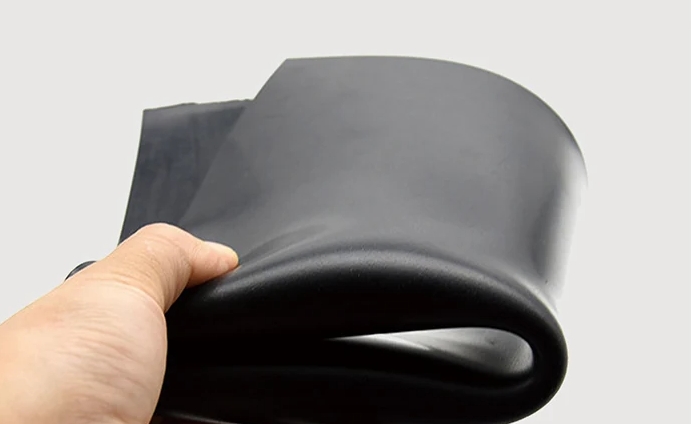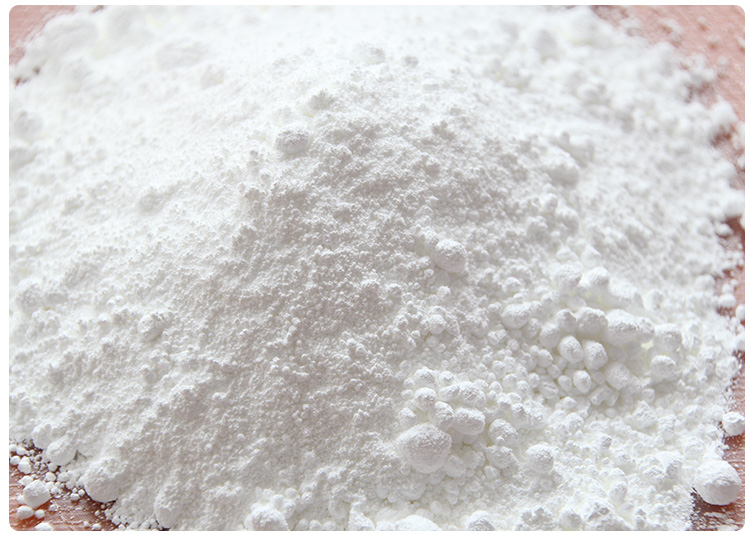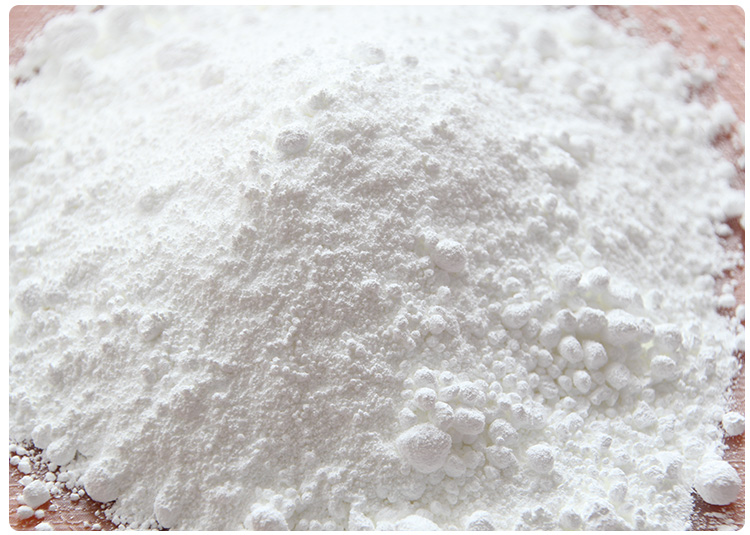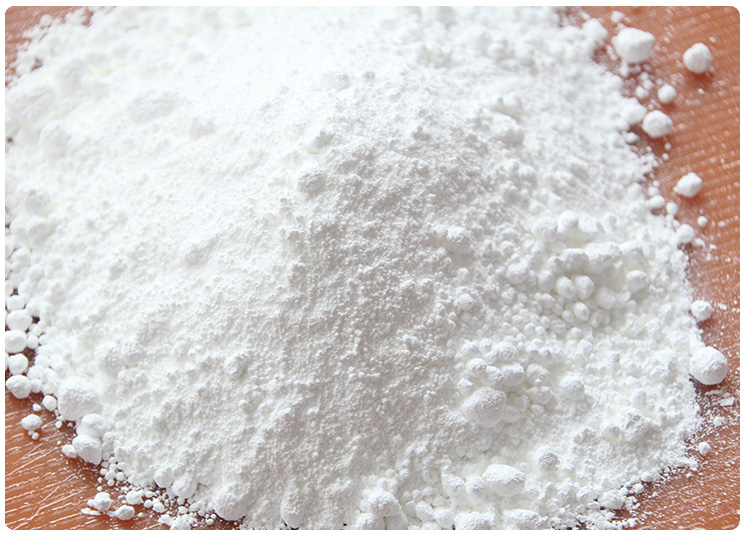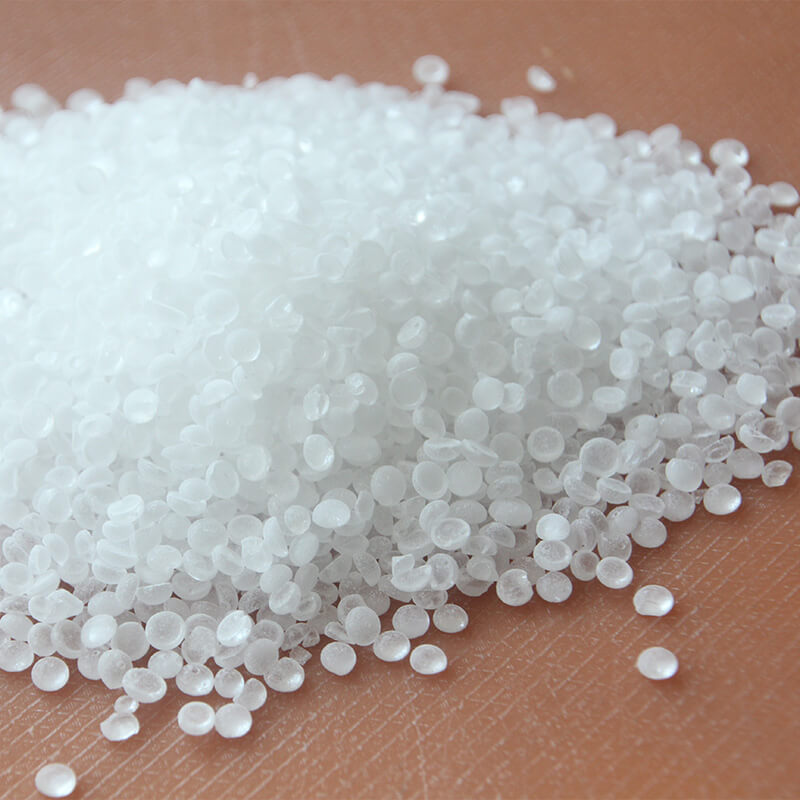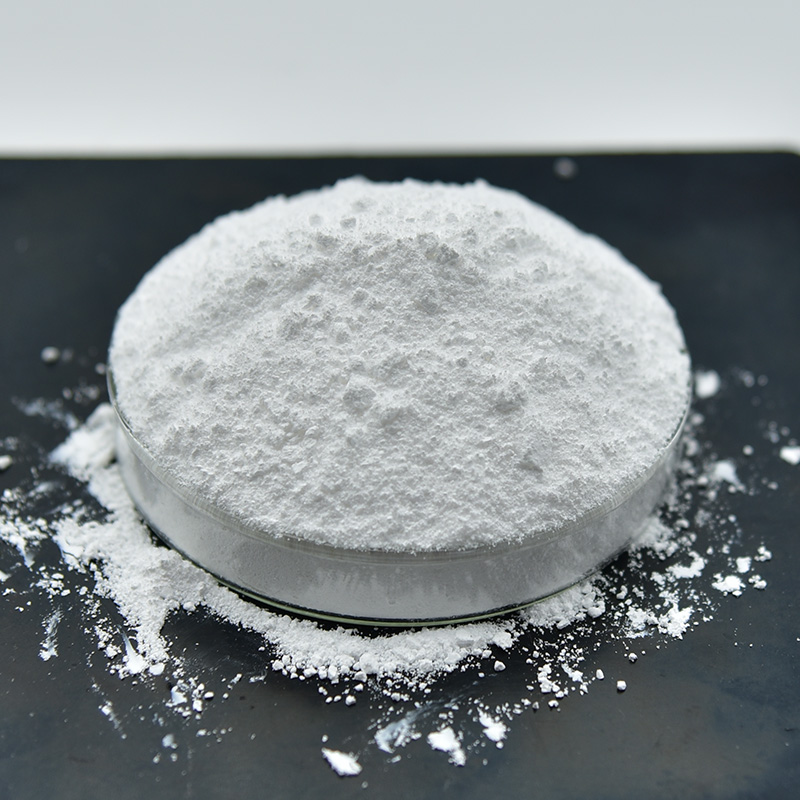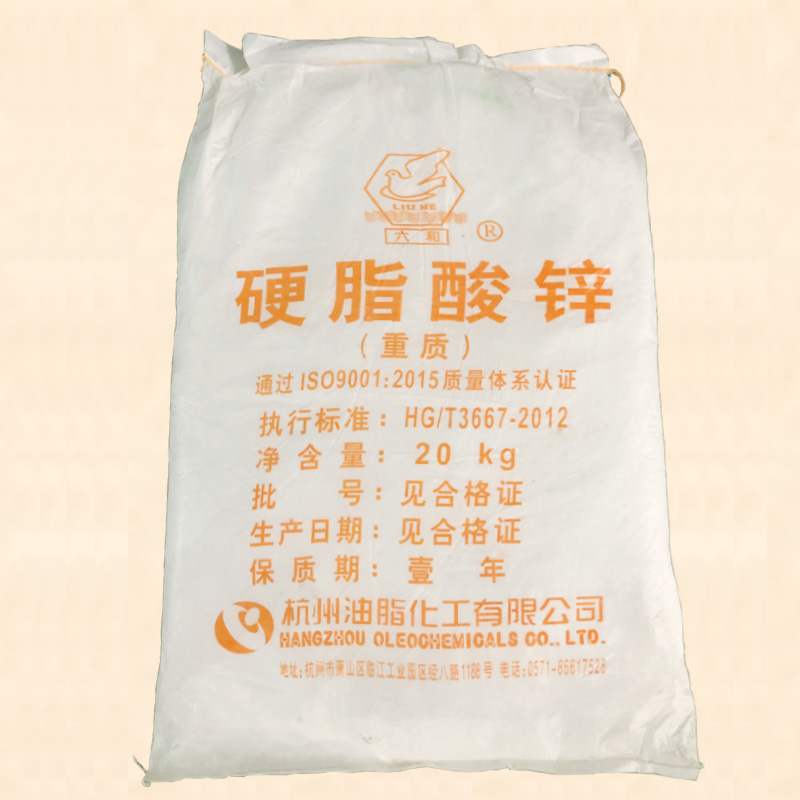Rubber compound uses
- Mingpai
- 2024-06-08 09:04:53
Rubber compounds are mixtures of raw rubber with various additives, designed to enhance specific properties for different applications. Here are some common uses of rubber compounds:
Tire Manufacturing: One of the most significant applications of rubber compounds is in the production of tires for automobiles, trucks, bicycles, and aircraft. Different types of rubber compounds are used for treads, sidewalls, and inner liners to balance durability, traction, and fuel efficiency.
Industrial Applications: Rubber compounds are widely used for manufacturing industrial products like conveyor belts, hoses, gaskets, and seals. These applications require resistance to heat, oil, chemicals, and abrasion, which are achieved by adding appropriate fillers, plasticizers, and antioxidants to the rubber.
Electrical Insulation: Specialized rubber compounds are formulated for electrical insulation purposes, such as cable jackets, wiring insulation, and transformer seals. These compounds need to have high dielectric strength and resistance to heat and aging.
Medical Devices: Rubber compounds that meet strict medical-grade standards are utilized for making items like surgical gloves, tubing, and seals for medical equipment. These compounds must be biocompatible, non-toxic, and often require special properties like flexibility, transparency, or resistance to sterilization processes.
Footwear: Rubber compounds are integral to the soles and other parts of shoes, providing cushioning, slip resistance, and durability. Different formulations cater to specific needs, such as softness for comfort, hardness for longevity, or specialized compounds for athletic shoes that offer enhanced performance.
Construction Materials: In construction, rubber compounds are used in products like roofing membranes, window and door seals, and vibration damping materials. They provide waterproofing, insulation, and noise reduction properties.
Sports Equipment: From tennis balls to golf club grips, rubber compounds are essential in sports equipment due to their ability to absorb shock, provide grip, and withstand wear and tear.
Household Items: Rubber compounds are found in everyday items like kitchen utensils, appliance parts, and even toys. They provide flexibility, durability, and safety features like being BPA-free or non-slip.
Adhesives and Sealants: Certain rubber compounds are formulated into adhesives and sealants used in various industries, offering strong bonding, flexibility, and weather resistance.
Automotive Parts: Beyond tires, rubber compounds are used in multiple automotive components like bushings, O-rings, belts, and suspension parts. These compounds are tailored to provide specific mechanical properties, temperature resistance, and long service life under demanding conditions.
Each application requires a unique blend of base rubber, fillers, vulcanizing agents, and other additives to achieve the desired physical, chemical, and mechanical properties.
